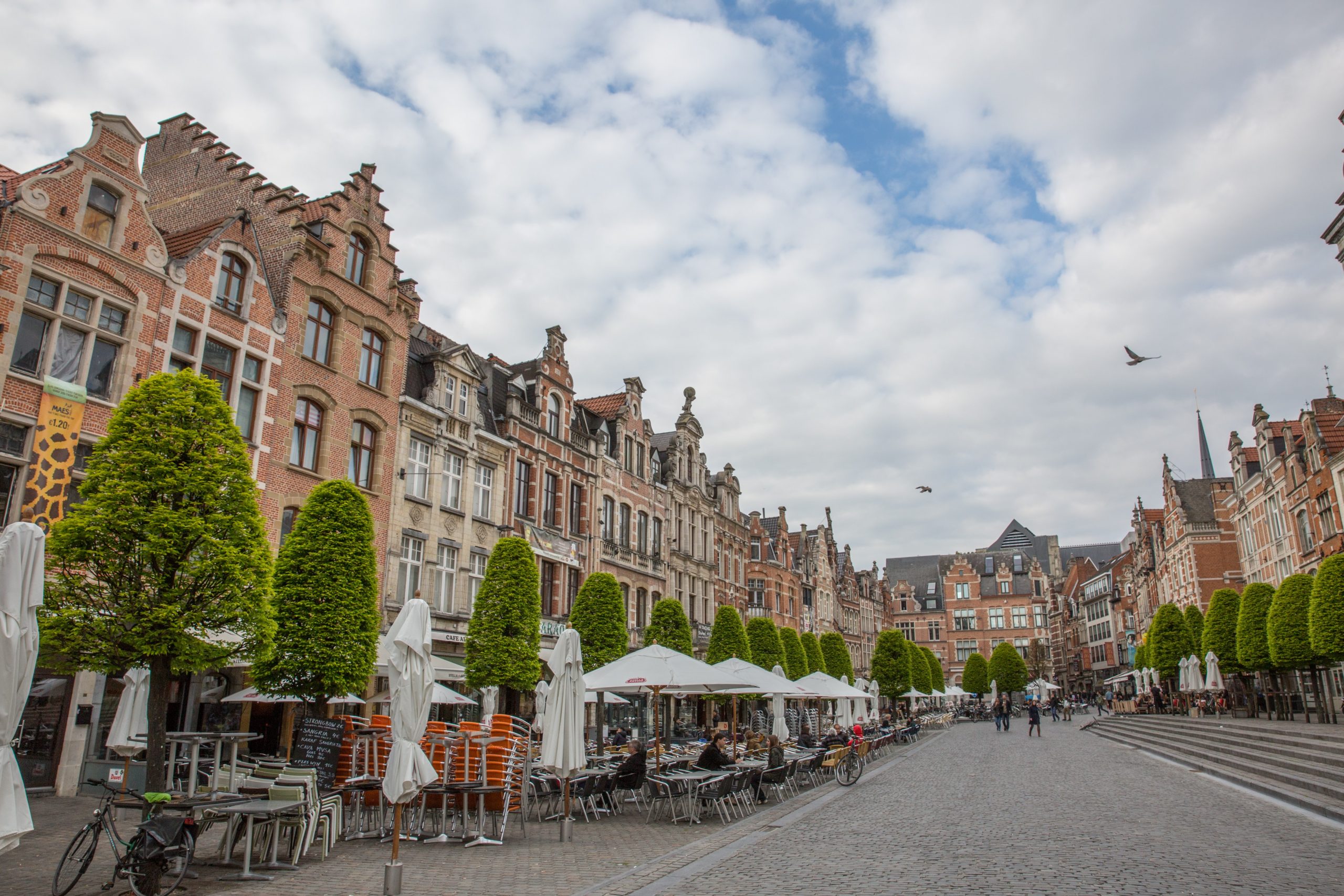
Uforest at the UFFU '22
What do we know about the mitigation and adaptation benefits of urban forestry? How can the climate benefits of urban forests be optimised through governance, planning, design, and management? What interdisciplinary and innovative approaches can be developed?
These are some of the questions that international conference “Urban Forests, Forest Urbanisms & Global Warming” will try to answer to. Organised by KU Leuven, UC Louvain, Flanders State of the Art, and supported by the Fondation Francqui Stichting, the conference will take place from the 27th to the 29th of June in Leuven, Belgium.
Urban forests are increasingly being recognised as an important element in the fight against climate change. Sequestering carbon, reducing energy costs, managing stormwater are just some of the benefits provided by urban trees. In addition, urban forests and other green infrastructures can improve people’s health and wellbeing, providing clean air and promoting physical activity. For these reasons, implementing urban forests is now recommended internationally, nationally, and locally. At the same time, there is the necessity to transform urban building typologies to reduce carbon emissions and respond to new ways of inhabiting cities – a key goal for forest urbanism. Therefore, the contemporary challenge today is to envision a robust forest urbanism that redefines ways of living and stewardship of the environment, taking into account the ecological and social aspects.
Uforest will participate to this conference with a paper session on entrepreneurship and innovation in urban forestry. In particular, we will present the results of our survey on training needs and knowledge gaps in urban forestry. The survey, which took place last year, targeted university students, professionals, and citizens form countries across the globe: in total we received response from 27 different nationalities. The results confirm that urban forestry is an interdisciplinary field, situated between nature, art, culture, education, social inclusion, economics, science, and technology. In addition, integrating the strategic aspects of urban forestry such as policymaking, planning, and design is also required. Survey findings indicate the need for capacity and training in innovation and entrepreneurship-related skills to help bridge these disciplines and views. Uforest wants to contribute to filling these gaps by promoting interdisciplinary learning and cross-sectoral cooperation.
The Uforest paper session will take place on the 28th of June 2022.
Learn all the details and register here.